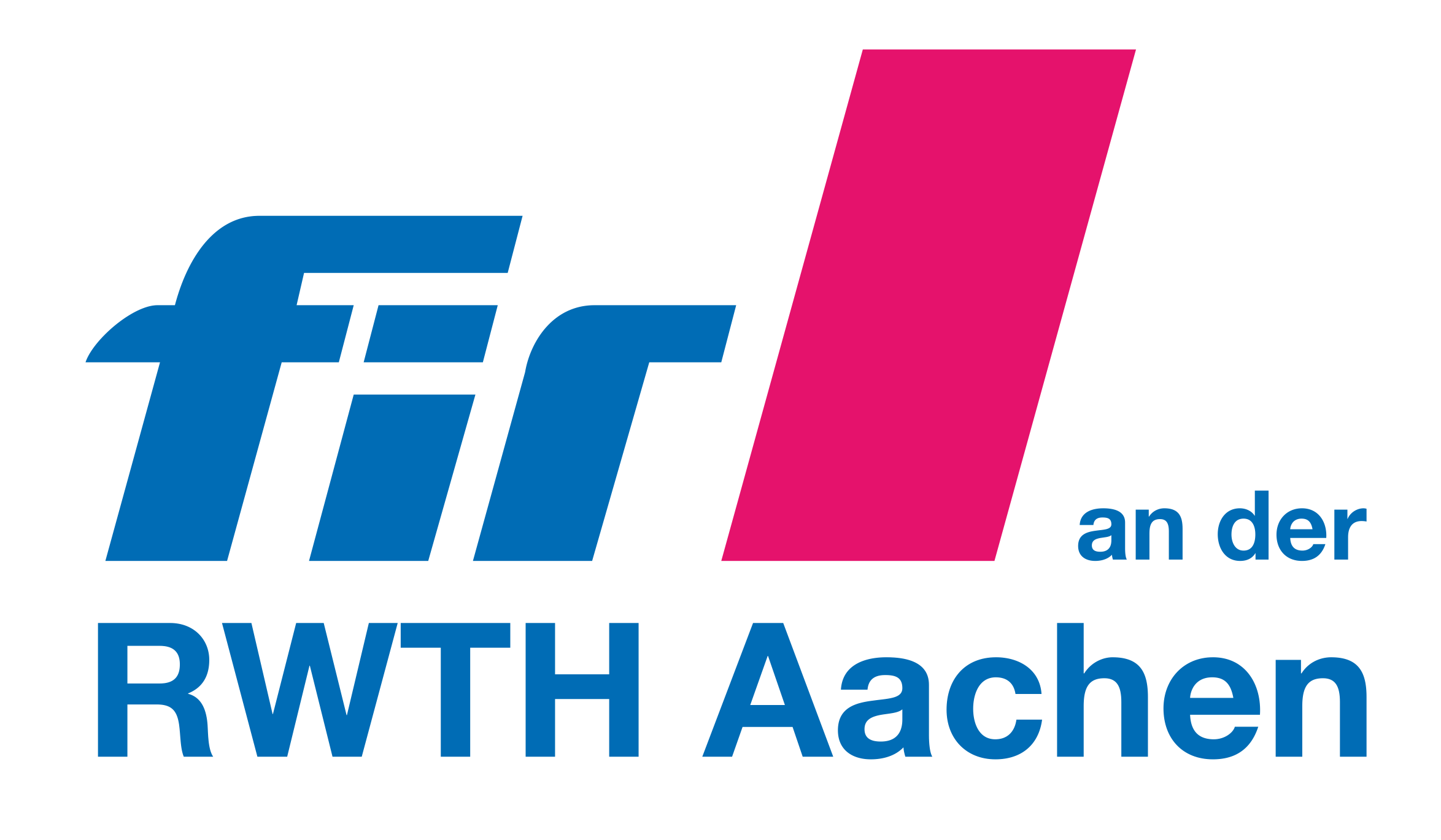Green-Net
Design and evaluate the sustainable use of logistical concepts in industrial networks
In Green-Net, a method to support decisions on selecting and implementing logistics concepts which takes into account was developed. This was be done by developing a method for the quantitative ex-ante-evaluation of the influence of logistics concepts on economical and ecological parameters.
Despite of different efforts in the industry, the diversity of parts, variants and distribution channels in entrepreneurial activities is ever increasing. SMEs are facing tougher market requirements such as shorter reaction times, high delivery reliability, increasing cost pressure and shorter product life cycles. In the course of intensified international competition logistics are gaining importance as a competitive factor. SMEs can differentiate here for example on a high adherence to delivery dates or a high flexibility in delivery. In addition, relevant changes take place in the ecological field in terms of resources, regulations and reputation. In the field of resources scarcity of non-renewable raw materials becomes very important. Furthermore, in the field of regulations several governmental activities take place which have a significant impact on business issues. Finally, one can find that especially the customers evolve a „green“ awareness in the field of B2C. Therefore SMEs are facing a change towards are more complex economical and ecological framework . The application of logistics concepts provides SMEs a starting point to cope with these changes. Logistics concepts describe specific approaches for the design of logistics processes in a network.
If logistics managers in SMEs want to implement these logistics concepts, they usually have to answer the following questions:
- „What logistics concepts are there?“,
- „What are the consequences of introducing a concept for economic and environmental outcomes?“ and finally
- „How can I design the decision on a concept introduction?“
Many research papers provide various assistance to answer these questions. One can find different process visualisations or evaluation matrices for economic variables. Environmental variables are separately examined in special approaches. An integrated decision support that considers all these issues simultaneously and quantitatively does not yet exist.
Hence it was the aim of the research project Green-Net to fill this gap and to provide logistics managers in SMEs a practical decision support for the selection and implementation of logistics concepts in the light of aspects of resources, regulations and reputation.
Four main results were achieved:
- An information system to determine the effects of logistics concepts on ecological and economical sustainability was created.
- A big number of widely-used logistics concepts was reviewed. Using a clustering algorithm, these logistics concepts were then aggregated to four classes of logistics concepts.
- Simulation models were created. These Models can be used to determine the effects of changes in the logistics concept classes on sustainability prior to the implementation of those changes.
- A process model how to use the simulation models was developed.
The combination of these 4 results enables SME to anticipate the effects of changes in the logistics concepts they employ prior to their implementation. Hence, the project can be considered as successful.
Project partners
Topic Area
- Production Management
Research Focus
- Supply-Chain-Design
- Supply-Chain-Management



